Advanced Manufacturing
Innovative, state-of-the-art production technologies by integrating the latest scientific knowledge and technical breakthroughs with bio-based industries along the whole value chain.

Research at the InnoRenew CoE is interdisciplinary by design and necessity. We believe the most impactful solutions we can provide through our research work must include positive impacts that intersect across different societal groups, environmental concerns, human health, and industrial efficiency. The InnoRenew CoE has 6 research groups, supported by a support group. We publish open data and publications in our Zenodo community.
Innovative, state-of-the-art production technologies by integrating the latest scientific knowledge and technical breakthroughs with bio-based industries along the whole value chain.
Building efficiently to create a safe, healthy, productive, and restorative built environment that embraces renewable materials, innovative design, and advanced building technologies.
Understanding and taking into consideration the importance of natural renewable materials, physical activity, ergonomic design and accessibility, to design environments that promote health and well-being.
Integrating digitalisation, optimisation, and knowledge discovery in complex information processing frameworks to support all life-cycle phases of renewable materials and buildings.
Designing, developing, and testing a new generation of functional materials with enhanced properties and extended service life that support the uptake of renewable materials in a built environment.
Enhancing, exploiting, and efficiently transferring knowledge on decarbonising the building stock using renewable materials to society, including policy makers, industry, and other stakeholders.
Providing comprehensive, timely, reliable, and professional support for all the institute's activities, ensuring compliance with legislative and regulatory requirements, and ensuring the rational and economically viable use of the institute's resources.
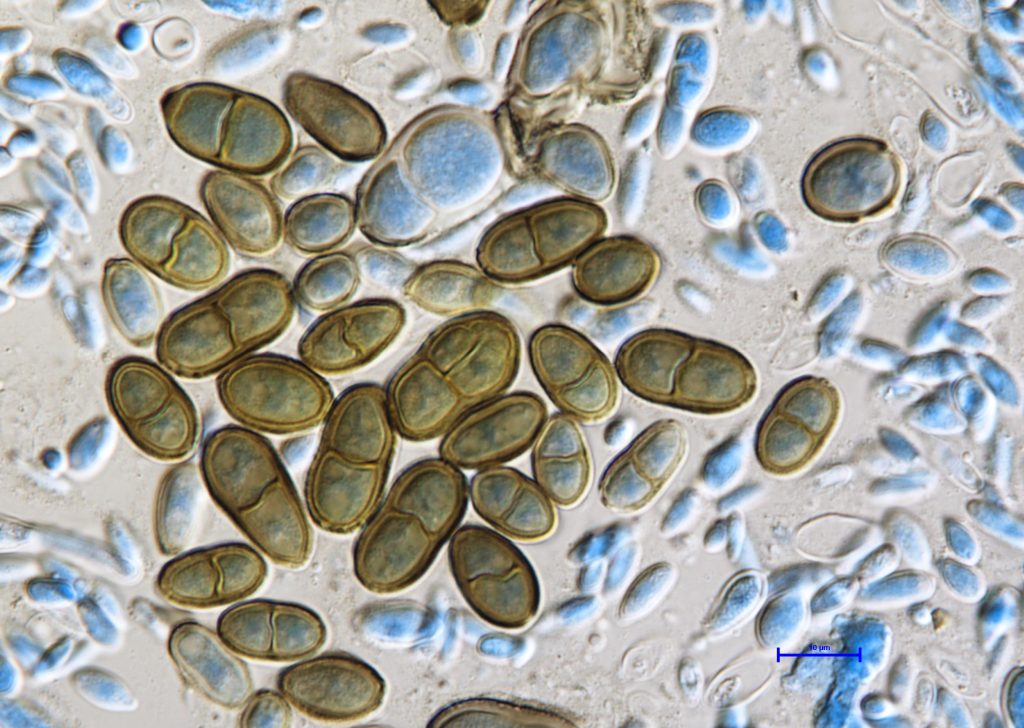
Project coordinator: Anna Sandak, InnoRenew CoE

Project coordinator: Karlsruher Institut fuer Technologie

Project coordinator: Stockholms universitet

Project coordinator: University of Göttingen, Department of Wood Biology and Wood Products
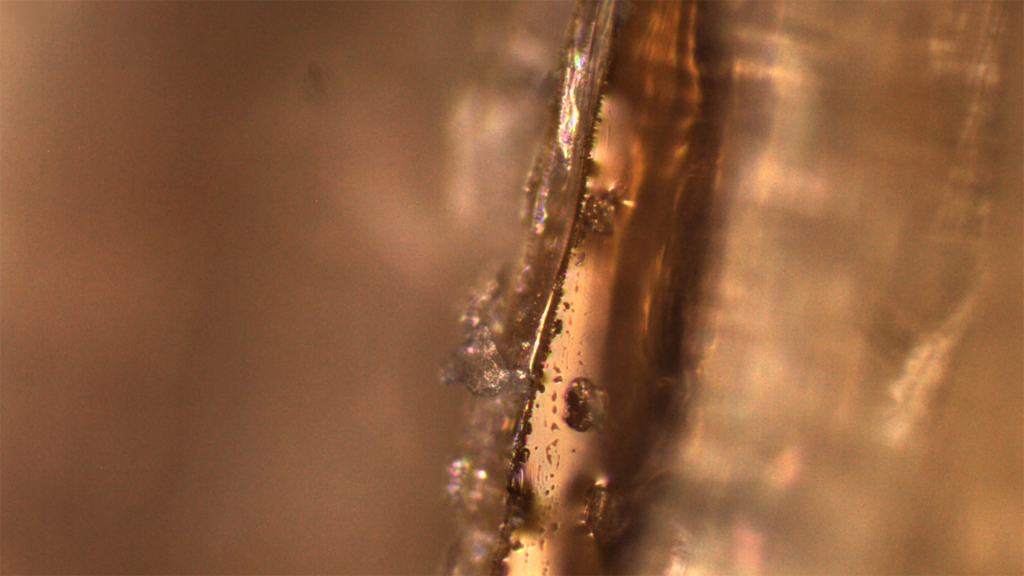
Project coordinator: InnoRenew CoE

PROJECT COORDINATOR: Faculty of Computer and Information Science, University of Ljubljana
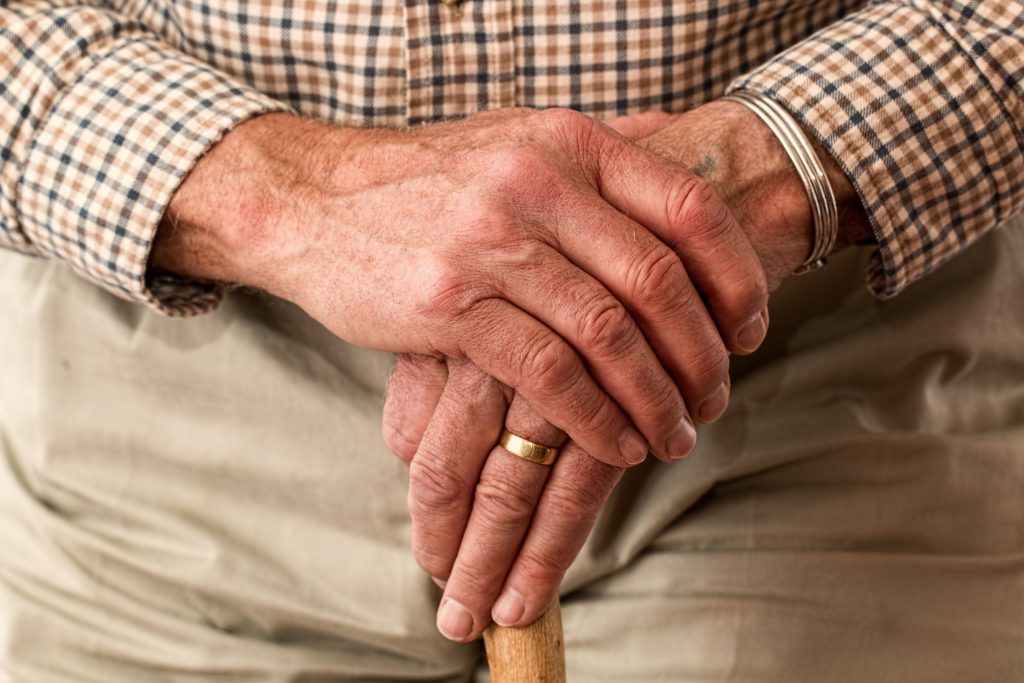
PROJECT COORDINATOR: Slovak University of Technology in Bratislava

PROJECT LEADER: Stritih, svetovanje za trajnostni razvoj, d.o.o.
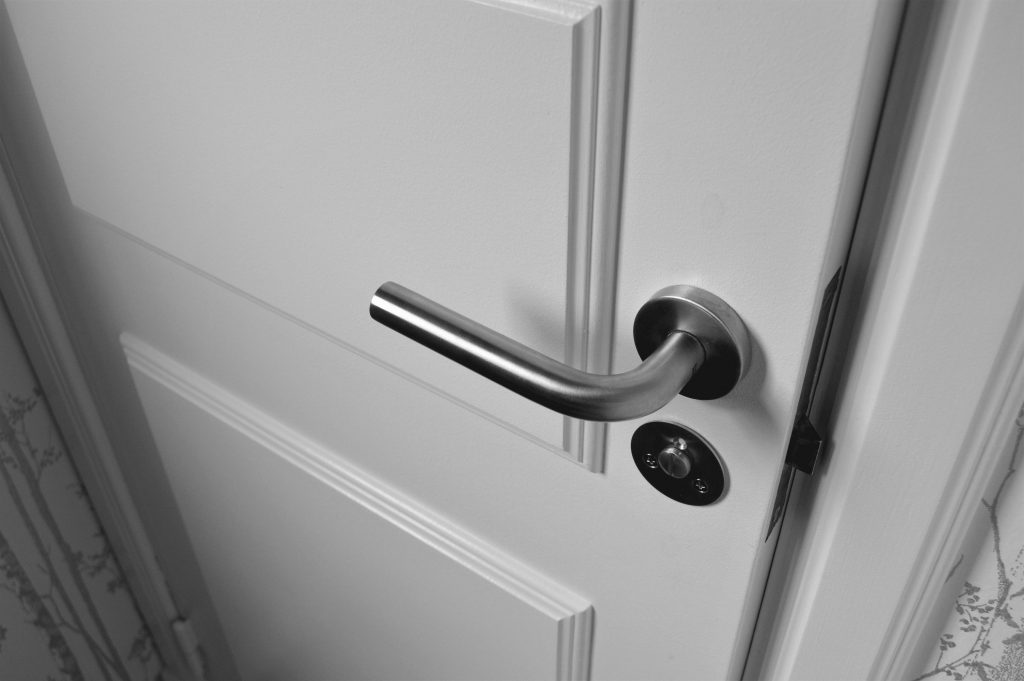
PROJECT COORDINATOR: UP FAMNIT

Led by Scuola superiore di studi universitari e di perfezionamento Sant'Anna

Led by Institut za razvoj i međunarodne odnose
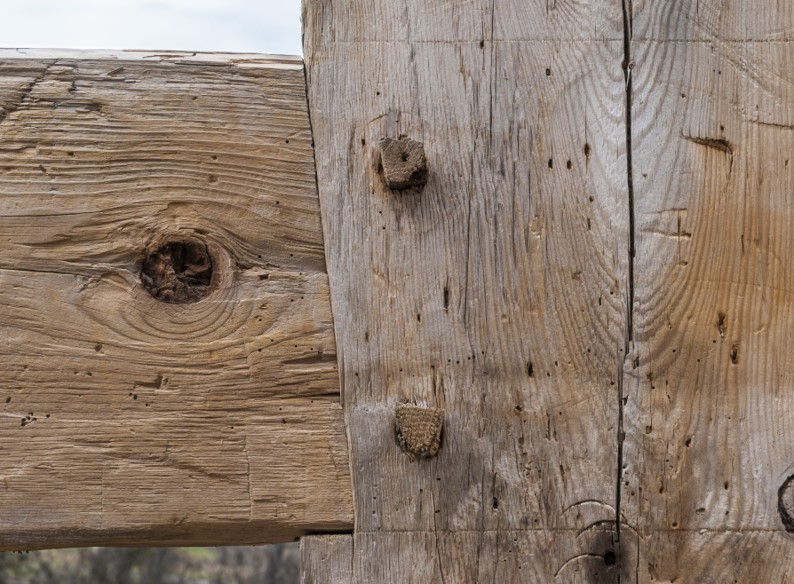
Led by Teknologian tutkimuskeskus VTT Oy